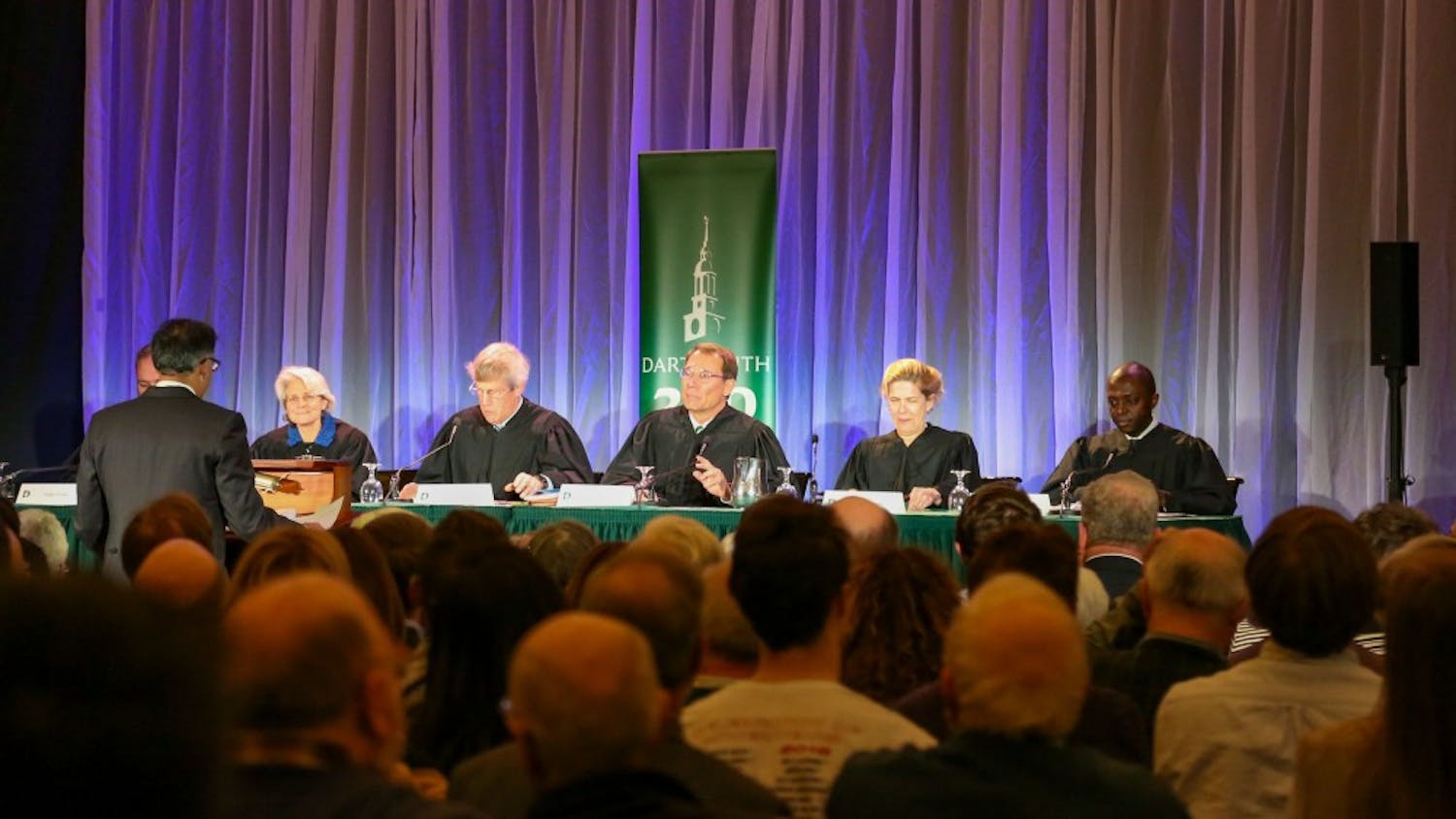The legalization of the birth control pill was one of the greatest victories for feminism in recent history: Its use is prevalent, and its effects are profound. Though they were aware of the pill’s potential for women’s liberation, the women who worked to legalize the pill strategically prioritized legal goals over making an ideological statement.
Their success was striking. As then-congresswoman Clare Boothe Luce put it just after the pill was legalized, “Modern woman is at last as free, as a man is free, to dispose of her own body, to earn her living, to pursue the improvement of her mind, to try a successful career.” The movement to legalize the birth control pill should serve as a model for other movements for social change: Focus on the practical, and the rest will follow.
Given the pill’s widespread and revolutionary effects, it is likely surprising that the women behind the effort to legalize the pill, namely Estelle Griswold and Margaret Sanger, did all that they could to deemphasize the pill’s potential for feminist social change. The 1965 Supreme Court ruling that legalized the pill for the first time, Griswold v. Connecticut, actively avoided using equal protection language, even when some justices recommended it.
The movement was successful precisely because it valued practical victories over rigid principles. In fact, in preparation for the case, the Planned Parenthood Federation and Griswold fired all of their female attorneys and replaced them with males. Sure, firing female attorneys wasn’t a particularly feminist move, but it may have made the case more likely to win over an all-male Supreme Court. We can’t know for sure why Planned Parenthood replaced their female defense team, but it’s possible that their willingness to forgo an all-female defense improved their chances of achieving a much more important victory for women. Compared to modern social justice movements that often emphasize ideological consistency (for example, the idea that feminist movements should be publicly led exclusively by women, that antiracist movements should only be led by people of color, etc.), the success of the birth control legalization movement serves as a compelling counterpoint. Achieving concrete victories is often more important than taking a high-minded ideological stand.
Griswold ran a Planned Parenthood clinic in New Haven, CT, where she distributed contraceptive pills to women . When she was arrested, she challenged the constitutionality of the law prohibiting the distribution of the pill and her case made it to the Supreme Court. Her challenge, though, was based on the sanctity of marriage.
She didn’t argue that the pill should be legalized for the good of women — rather, her defense won on the grounds that it should be legalized for use by married couples only because couples have a constitutionally protected right to privacy from government interference. Justice Hugo Black even commented on the conspicuous absence of any equal rights rhetoric, saying, “I can understand an argument, from my own constitutional ideas, based on equal protection … As I understand it, however, you’re abandoning your idea of any argument under equal protection as such.” Griswold’s attorneys confirmed.
Some feminists would see this lack of equal protection in the defense as a missed opportunity — not only did Griswold fail to mention gender equality, she also limited the scope of the pill’s availability to married couples. But this was strategic defense on Griswold’s behalf. The Supreme Court was, at the time, completely male. Griswold and Sanger were aware of the sad reality that the justices might have difficulty relating to an argument for the equality of women. They did know, however, that the Court had historically respected the privacy owed to a married couple. Griswold and Sanger were willing to play the game — to make some small sacrifices in the short term to start a conversation about legalizing the pill.
Just seven years after Griswold v. Connecticut, the pill was legalized for all Americans regardless of marital status. Given how pivotal the case was, had Sanger and Griswold not been so strategic, birth control might still not have been legal. Their specific appeal to privacy made it successful.
Griswold and Sanger trail blazed a type of pragmatic political activism that has the potential to deliver measurable progress towards a more just society. Their example extends beyond 1960s feminism to all progressive movements fighting entrenched social ills.
In today’s world, the Griswold and Sanger example would have a lot to teach the gun control movement, for instance. Sweeping rhetoric supporting the prohibition of guns in general and across-the-board anti-gun statements might not be the most effective way to build a gun-free society. Extreme ideological stances only serve to rile up gun advocates and stoke the regressive fear that any restriction on gun ownership is the first step toward total illegalization.
We should, instead, find some smaller uncontentious points in common and work up from there. This could mean banning semi-automatic weapons in schools federally or prohibiting the sale of assault weapons to people with a background of behavioral instability. Then, with time, it will likely become easier and easier to enact stricter gun laws until America eventually does become a gun-free society. It would be counterproductive, however, to publicize that long-term goal early on.


